Oddly enough, to better understand the meaning of a word, we can take a look at its antonym, or opposite meaning. Most dictionaries provide synonyms and antonyms, as well. This list can often be quite long, and will have a variety of different shades of opposite meaning connected to the word that was inputted. This also means that the words in an antonyms list will often be similar to each other, though they may not necessarily be synonyms. The words on an antonyms list will often at least have something in common, even if it's only that they are the opposite of the original root word. Using an antonyms dictionary to discover what the antonyms of a particular word are is something that would be very useful to students, for example.
Many grammatical exercises for English in school require a student to understand and use antonyms. A student who doesn't quite understand the answer to a question like "What are antonyms?" can read a dictionary for antonyms online for an easy to access example of some antonyms. An antonym is one of a pair of words with opposite meanings. There are three categories of antonyms identified by the nature of the relationship between the opposed meanings.
Where the two words have definitions that lie on a continuous spectrum of meaning, they are gradable antonyms. Where the meanings do not lie on a continuous spectrum and the words have no other lexical relationship, they are complementary antonyms. Where the two meanings are opposite only within the context of their relationship, they are relational antonyms. A synonym is a word or phrase that means exactly the same as another word or phrase, in the same language.
In other words, synonyms are words with similar meanings. For instance, words like delicious, yummy, succulent are synonyms of the adjective tasty. Similarly, verbs like commence, initiate, and begin are synonyms of the verb start.
Using an online dictionary of any sort, including for antonyms or synonyms, is a great way to save time. It is very important to know synonyms and antonyms of words when you are learning a language. Especially, they help us to expand our vocabulary and avoid repetition in our writing and speech. Moreover, dictionaries and thesauruses often help us to find synonyms and antonyms.
While your dictionary or thesaurus may list a pair of words as antonyms, there's a chance they really aren't diametric opposites. Before you drop a word in as an antonym, look beyond the first definition and think about precisely what you want to convey. Watch out for these 70 words and phrases that you're probably using all wrong. Thesaurus.com is the world's largest and most trusted free online thesaurus brought to you by Dictionary.com. For over 20 years, Thesaurus.com has been helping millions of people improve their mastery of the English language and find the precise word with over 3 million synonyms and antonyms.
In order to better understand antonyms, let's take a look at what the word 'synonym' means. A synonym is a word that has a similar meaning to or exactly the same meaning as another word. Understanding and using antonyms can improve our writing skills and vocabulary knowledge. It takes a little extra time to look up new words, but the results are well worth the effort. Antonyms are an important word type to use in almost any form of writing.
Many people though, don't actually understand what an antonym is. Most people would be surprised to hear that they probably use antonyms all of the time without realizing it though. This guide will take you through what an antonym is, how it is used in writing, and give you some of the reasons why learning antonyms is important in any type of writing. The term antonym is commonly taken to be synonymous with opposite, but antonym also has other more restricted meanings. Graded antonyms are word pairs whose meanings are opposite and which lie on a continuous spectrum .
Complementary antonyms are word pairs whose meanings are opposite but whose meanings do not lie on a continuous spectrum . Relational antonyms are word pairs where opposite makes sense only in the context of the relationship between the two meanings . It is a word that means the same, or almost the same, as another word.
They help us avoid repetition in our speech and writing and expand our vocabulary. Synonyms and antonyms are used every day by teachers, students, writers, editors, poets, and songwriters to add variety to writing. Since the English language is so complex, people may disagree about which words truly have opposite meanings. With the examples of antonyms listed below, we try to clear that up and offer some tactics for choosing the most appropriate word every time.
An antonym is a word that is the opposite of another word. An antonyms dictionary has a list of words, and for each one, it will have a complete list for all of the antonyms for that particular word. Synonyms are words with similar meanings, while antonyms are words with opposite meanings.
Thus, this is the main difference between synonyms and antonyms. Importantly, both help us to expand our vocabulary and avoid repetition in our writing and speech. An antonym is a word which means the opposite of another word. Synonyms and antonyms are useful to know because they improve reading and writing skills.
By learning antonyms, you learn the logical opposites of important words, thus enhancing your overall command of language. We explain what synonyms and antonyms are and how children are taught to use synonyms to improve their writing in primary school. Hopefully, the above examples have made the meaning of complementary and binary pair antonyms much clearer. To remember which antonyms are complementary and binary pairs, ask yourself if both can be true – if they can't, then they are complete opposites and are complementary and binary pairs.
The English language is full of pairs of words that have subtle distinctions between them. All writers, professionals and beginners alike, face the challenge of choosing the most appropriate synonym to best convey their ideas. When you pay particular attention to synonyms in your writing, it comes across to your reader. The sentences become much more clear and rich in meaning.
However, it is important to remember that not all pairs of words in the English language are so easily interchangeable. The slight but important differences in meaning between synonyms can make a big difference in your writing. For example, the words boring and insipid may have similar meanings, but the subtle differences between the two will affect the message your writing conveys.
The word insipid evokes a scholarly and perhaps more pretentious message than boring. When you focus your attention on subtler antonym pairs than those that are complementary, you learn nuance. Nuance refers to the shades of meaning and usage in language. However, some say that no synonyms have exactly the same meaning – there may be minute differences. Sometimes a word can be synonymous with another in one context or usage, but not in another.
For example, the two adjectives meticulous and scrupulous are synonyms when we describe someone who pays great attention to details. However, they are not always synonyms as the adjective scrupulous can also describe someone who is honest and has principles while the adjective meticulous does not have this meaning. First, using a dictionary or thesaurus , make a list of synonyms to the word "moreover." DisclaimerAll content on this website, including dictionary, thesaurus, literature, geography, and other reference data is for informational purposes only.
This information should not be considered complete, up to date, and is not intended to be used in place of a visit, consultation, or advice of a legal, medical, or any other professional. Antonyms are basically just words with opposite meanings to one another. Conversely, synonyms are words with meanings that are the same as one another.
Most people don't know that there are, in fact, different types of antonyms though. Below we'll take a look at these different types of antonyms, explain what they are, and provide some examples to make it clearer. The word antonym comes from Greek and means "against a name." There are three types of antonyms, and many words can have multiple antonyms, depending on the meaning of the original word. As literary devices, antonyms are one of the simplest to find and use.
Using antonyms can help improve our vocabulary, as well. As we saw with the word 'scared,' we tend to have a list of 'go to' words when we write. It is easier to pull out words that we are comfortable using, but some of those words may be overused.
When we look at a list of antonyms, we discover new words to add to our 'go to' list, and the more we use new words, the better our vocabulary will be. If you still haven't found find the perfect antonym, a thesaurus can be your best friend. This reference tool will offer you a plethora of related words, plus you can see the word used in a sentence, and any related articles to the term. While you managed to answer at least a number of antonym questions correctly, the majority were wrong. While you have a basic grasp of antonyms or the words in the quiz, you did not understand most of them. If you'd like to learn from your mistakes, have a look at the answers.
Also, we recommend a bit of reading to expand one's lexicon. Scientific progress is the idea that the scientific community learns more over time, which causes a body of scientific knowledge to accumulate. However, the prime example of reference works that systematized scientific knowledge in the age of Enlightenment were universal encyclopedias rather than technical dictionaries. The main difference between synonyms and antonyms is that synonyms are words with similar meanings, whereas antonyms are words with opposite meanings. Giving children a thesaurus in which to look up words to improve their vocabulary.
Teachers may give children this activity to do after they have completed a piece of writing. They may ask them to go through and underline all the adjectives and then look up alternative, better words for these adjectives. You can learn more from synonyms through our Emile article with over 600 examples of what a synonym is. The importance of antonyms and synonyms in writing can not be overstated.
When writing creatively or in non-fiction, you will almost certainly have to use antonyms to show an opposite relationship. Knowing these, or learning how to correctly create these, is important because it allows you to use different terms to describe something effectively. Any writing you do at work involves a careful choice of words. For example, if you are writing an e-mail to your employer regarding your earnings, you can use the word pay, salary, or hourly wage. Just keep in mind that the word you choose will have an effect on the reader, so you want to choose wisely to get the desired effect.
As you work with your draft, you will want to pay particular attention to the words you have chosen. Familiarity with synonyms and antonyms can be helpful in answering these questions. You can use a thesaurus to find synonyms and antonyms for words. Most of these words have alternative meanings, which means there are alternative antonyms for them as well. The first point is that "good," like many words, can be a noun or an adjective, so its antonyms are a mix of nouns and adjectives too. The second point is that antonyms do not have to be exact opposites.
Antonyms are words that express the opposite meaning of a certain word. Learn how to use antonyms in writing, as well as the importance of antonyms and how they help in improving vocabulary. Sometimes, you don't need to search for another word entirely. It's possible to create an antonym simply by adding a prefix to the word. Organic farming methods combine scientific knowledge of ecology and some modern technology with traditional farming practices based on naturally occurring biological processes.
Scientific academies and societies grew out of the Scientific Revolution as the creators of scientific knowledge in contrast to the scholasticism of the university. Civil theology consists of propositionally stated true scientific knowledge of the divine order. He held that the criticism of existing theories—which dominated this book—holds a special place in the growth of scientific knowledge . New scientific knowledge rarely results in vast changes in our underst anding .
Although there are no exact statistics regarding these experiments, it is recognized that they have caused illness, mutilation, and deaths while yielding no scientific knowledge . Some hold that, owing to the necessity of knowing the primary premises, there is no scientific knowledge . The Tafsir'ilmi believe the Quran predicts scientific knowledge , relating the author to non-human origin. He taught contempt for the real world and disdain for the practical application of scientific knowledge . Research to improve scientific knowledge in the forest sector and in-depth study of coastal zones was also reported as important.
Our collective optimism is reflected by the growth of biotechnology across the globe, striving to utilize scientific knowledge to cure human diseases. Moreover, antonyms of some words are formed by adding a prefix; however, synonyms cannot be formed in this manner. Gradable antonyms are pairs of words with opposite meanings that lie on a continuous spectrum. For example, if we take age as a continuous spectrum, young and old are two ends of the spectrum. Similarly, if we take temperature as a continuous spectrum, hot and cold are two ends of the spectrum. Furthermore, there are three types of antonyms as gradable, complementary, and relational antonyms.
Antonyms are words that have opposite or contrasting meanings. For example, the antonym of hot is cold; similarly, the antonym of day is night. Moreover, if the same word is used very often in several sentences, it might make a text boring and repetitive. Using synonyms, therefore, help us to make a text more readable and pleasant. This ends our review of synonyms and antonyms in English. So it's not enough just to study a word's meaning and synonyms.


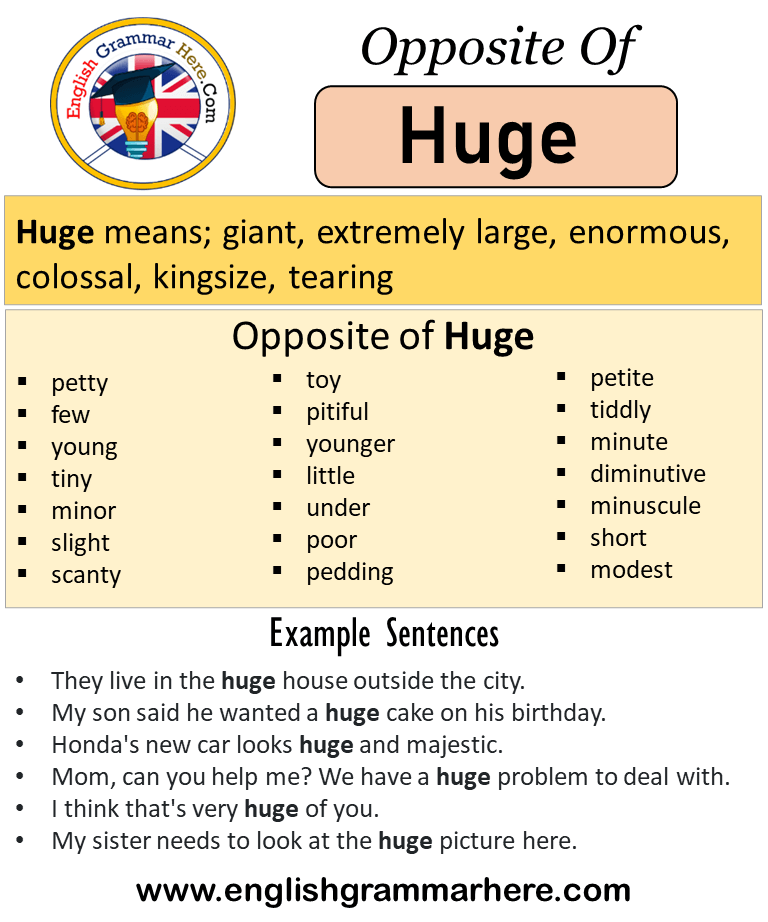

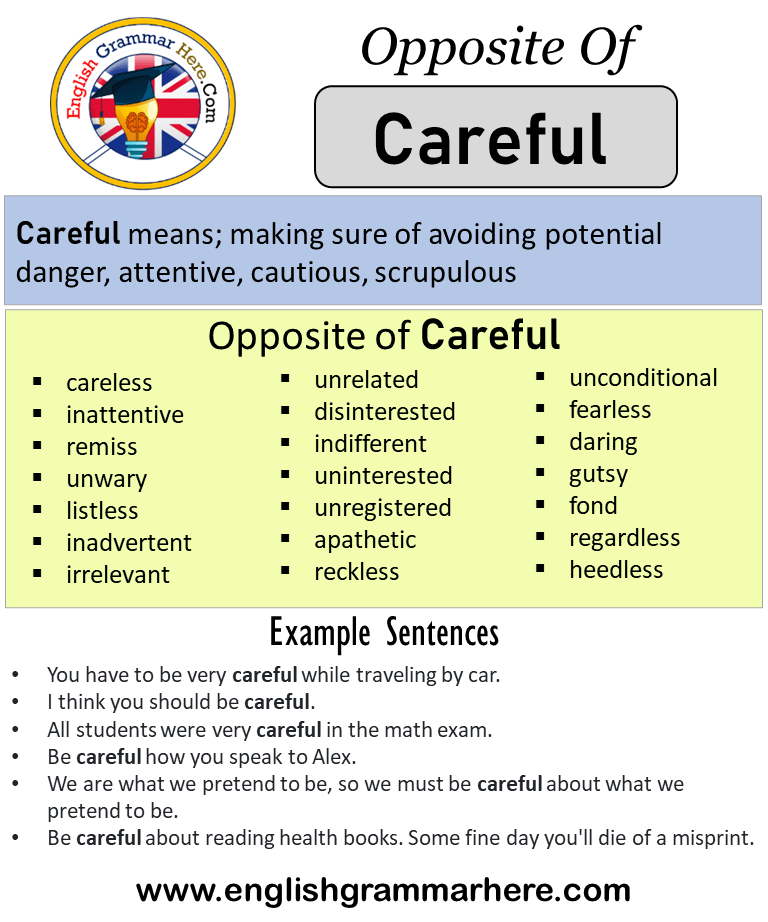
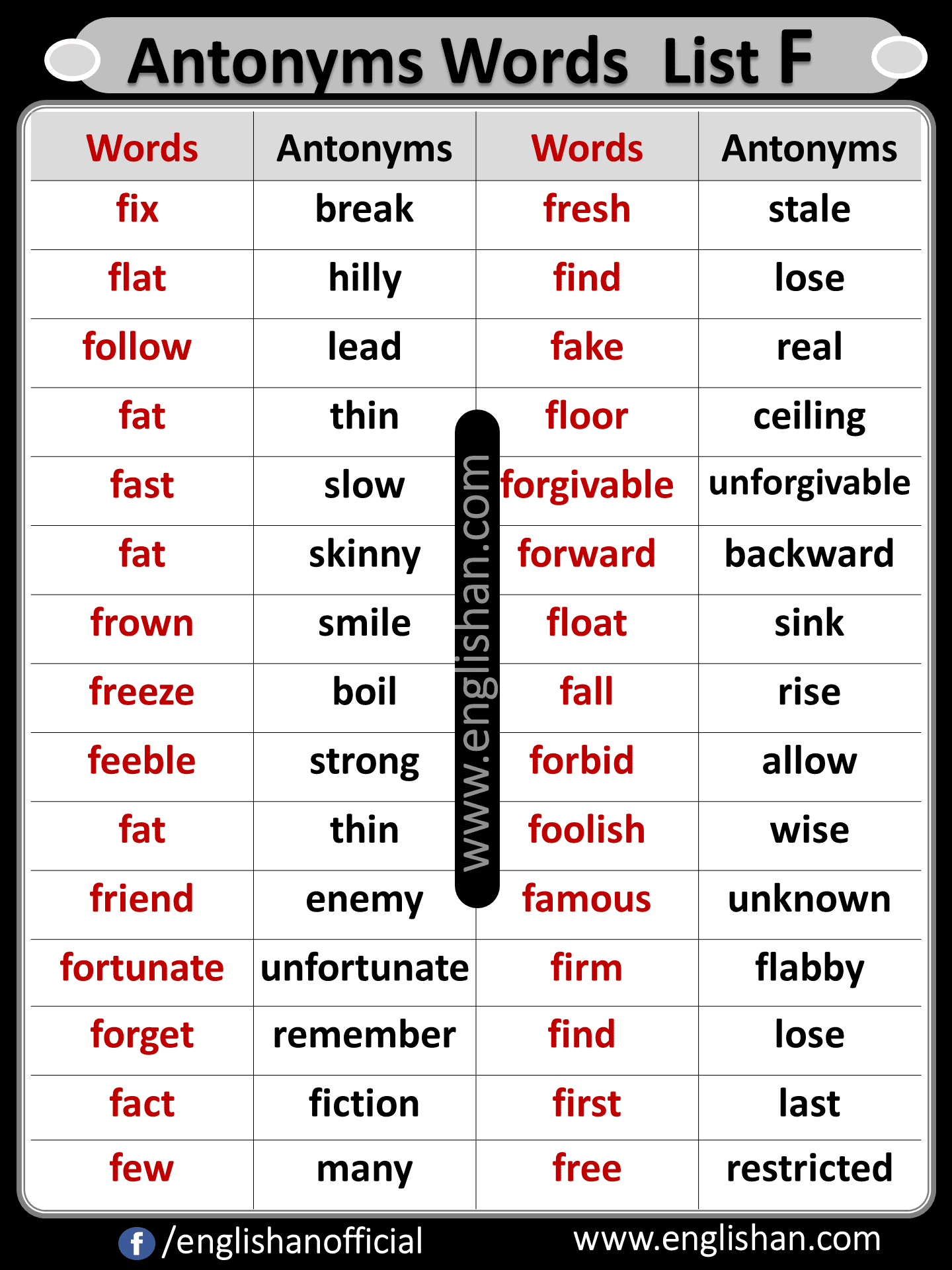
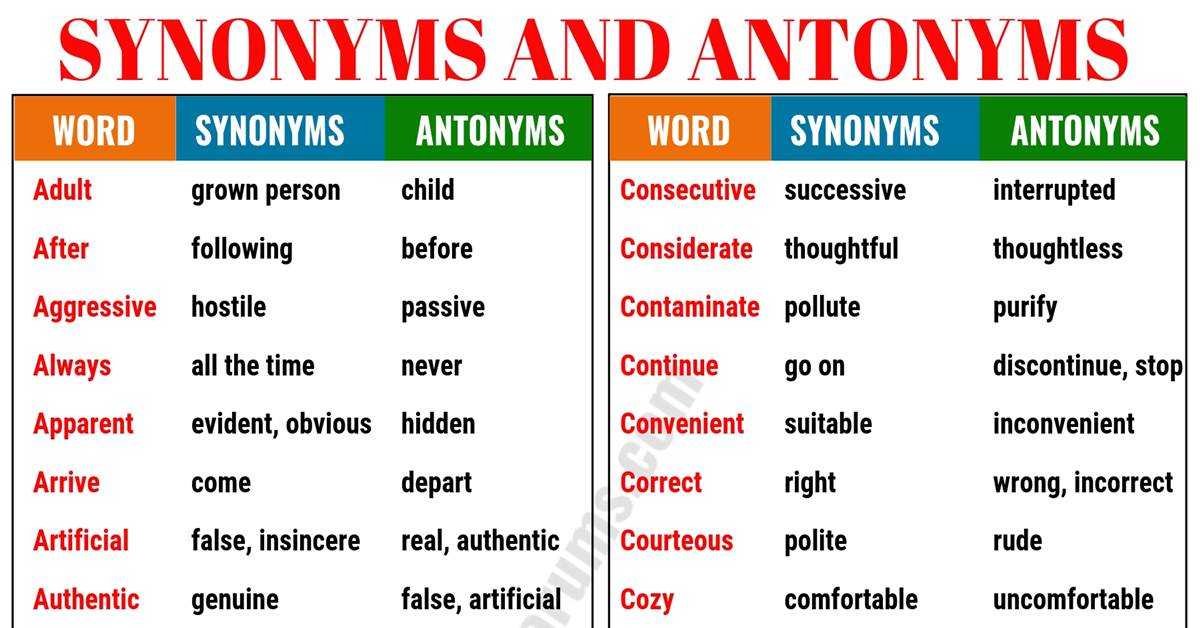


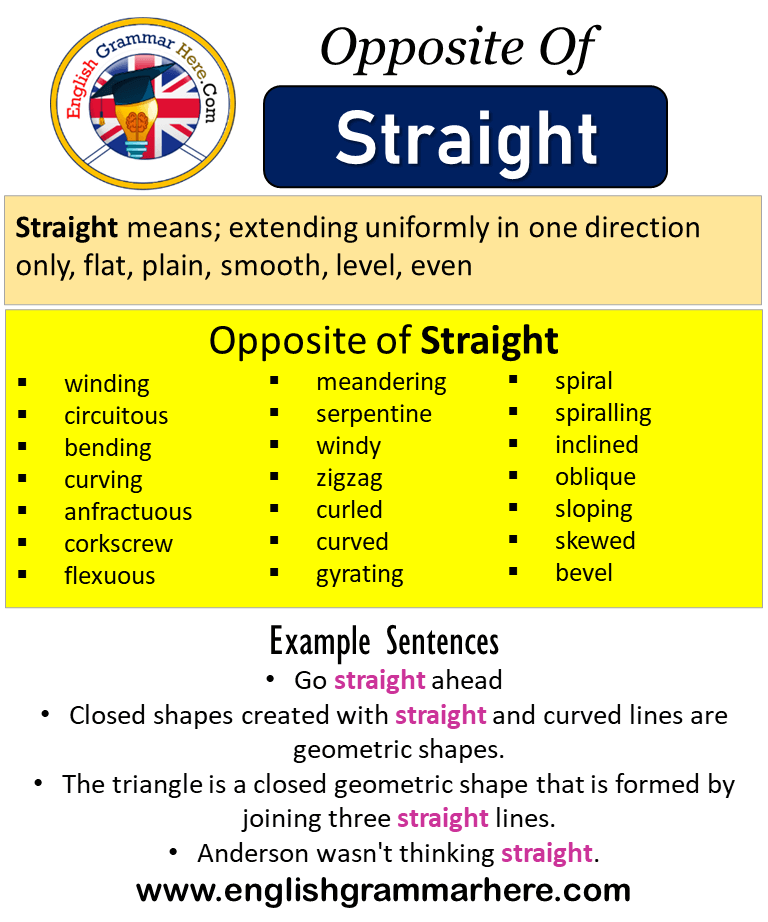
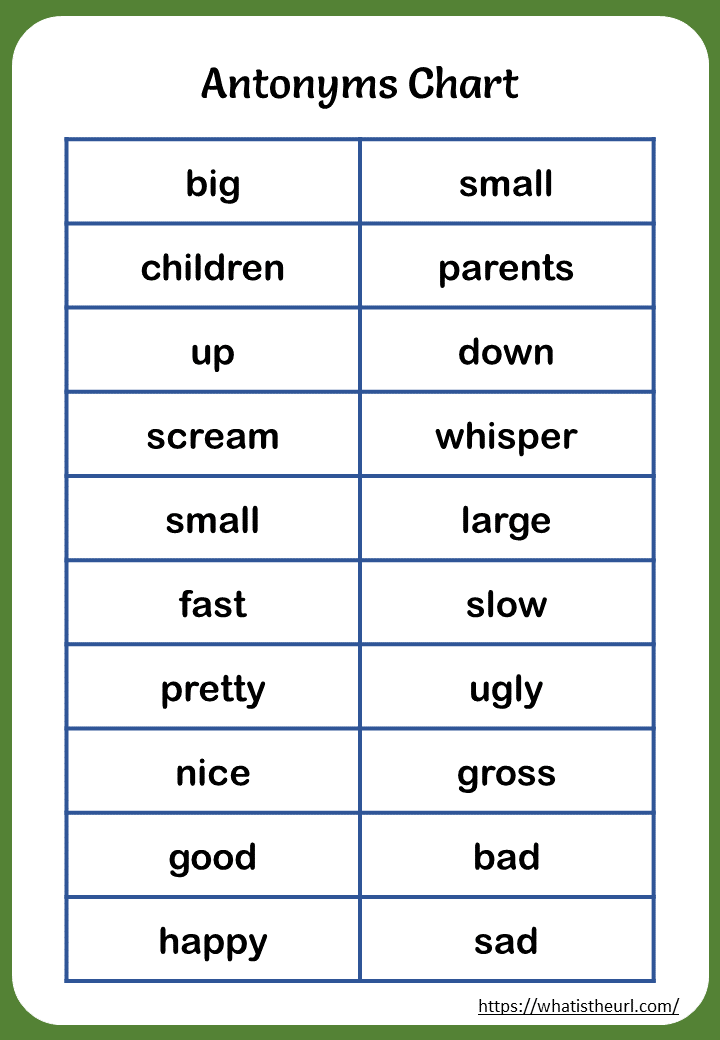


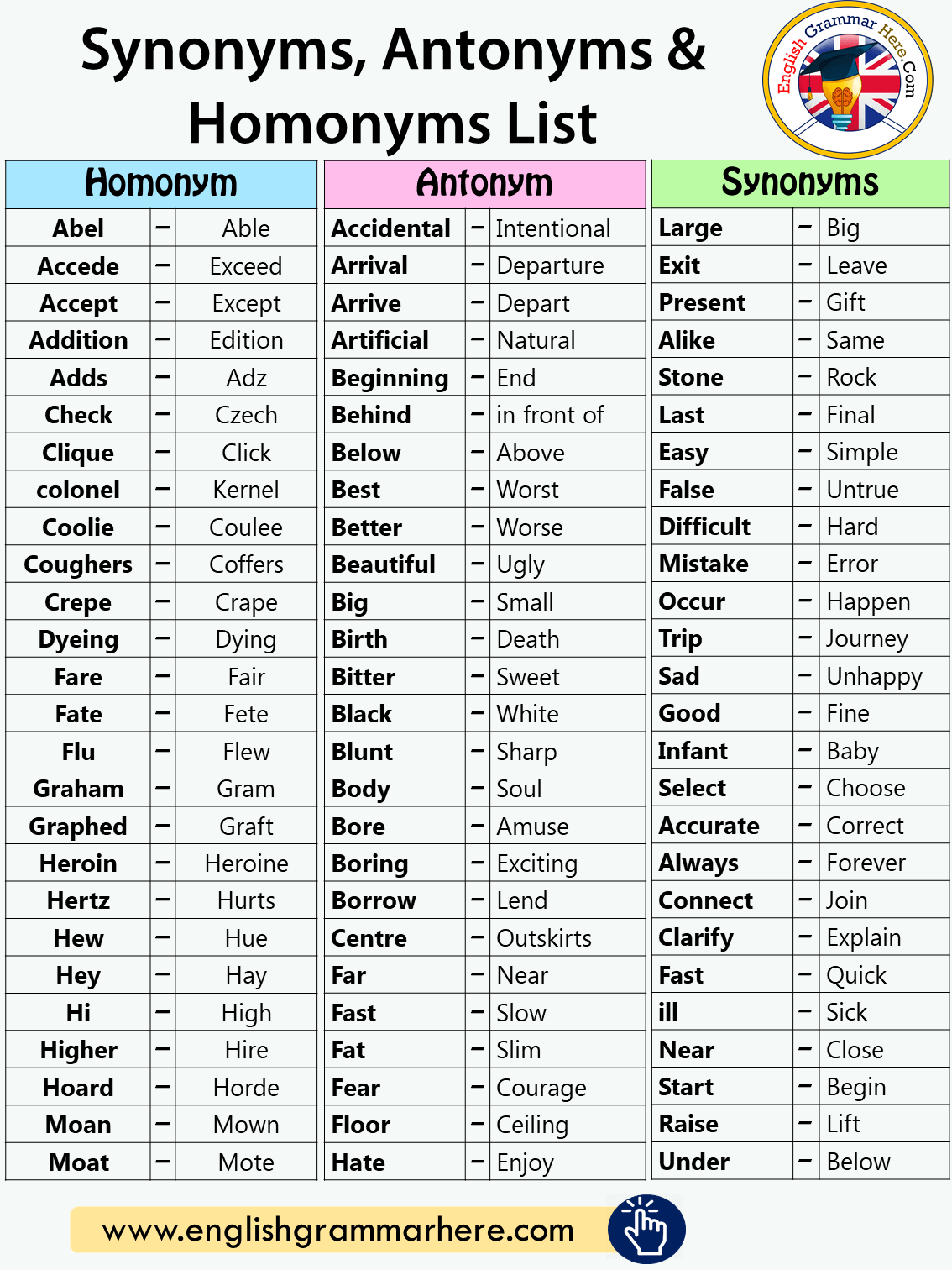


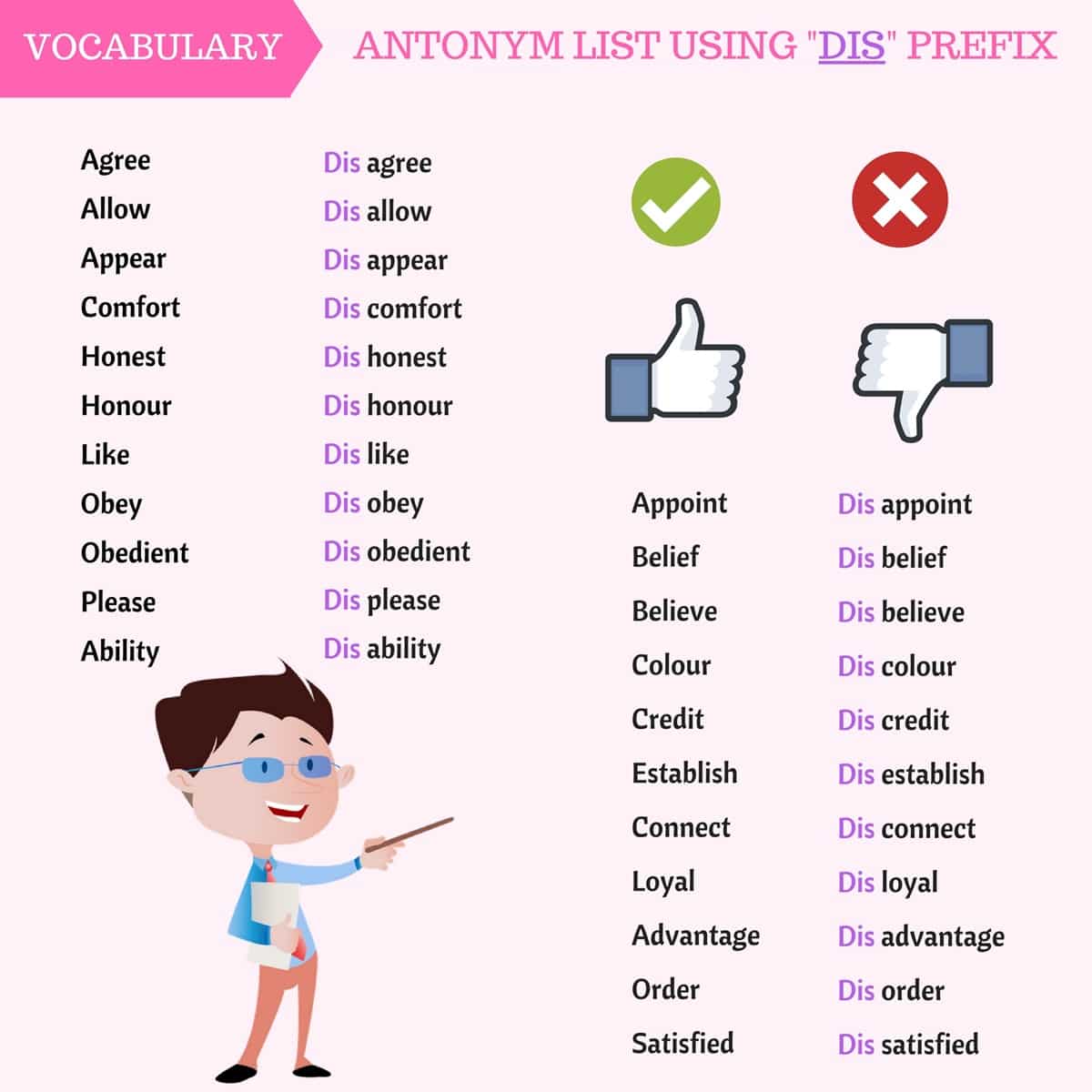
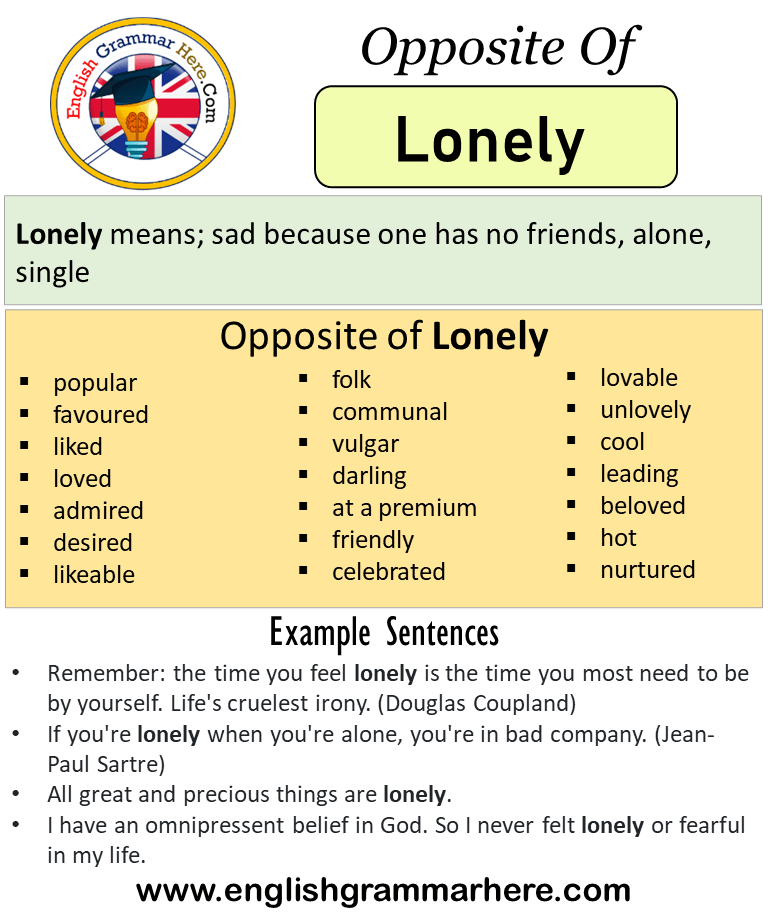





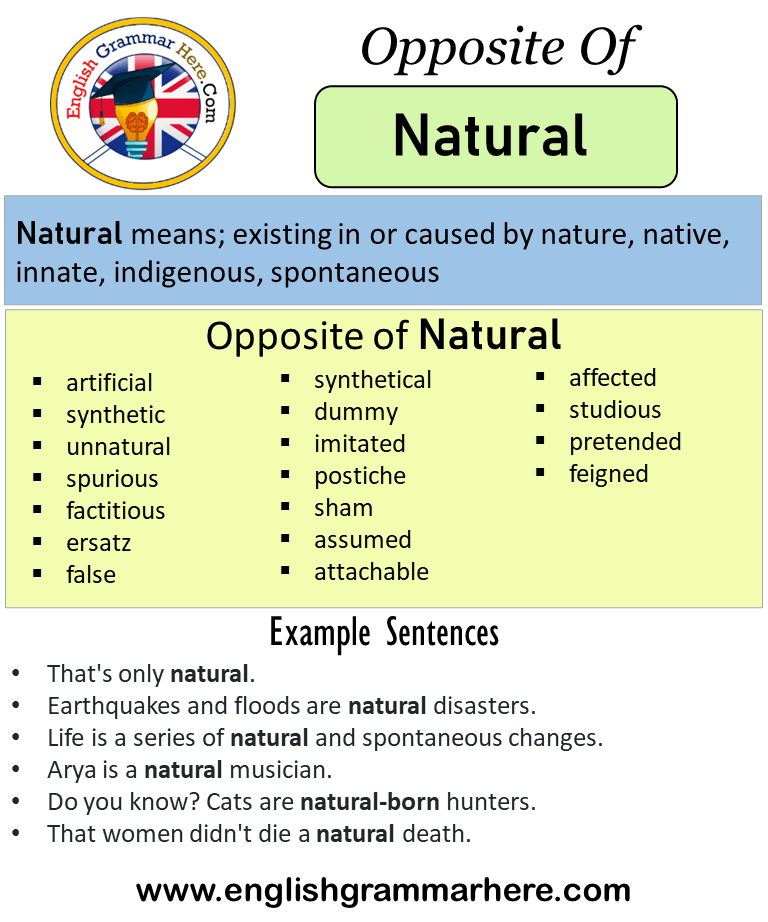


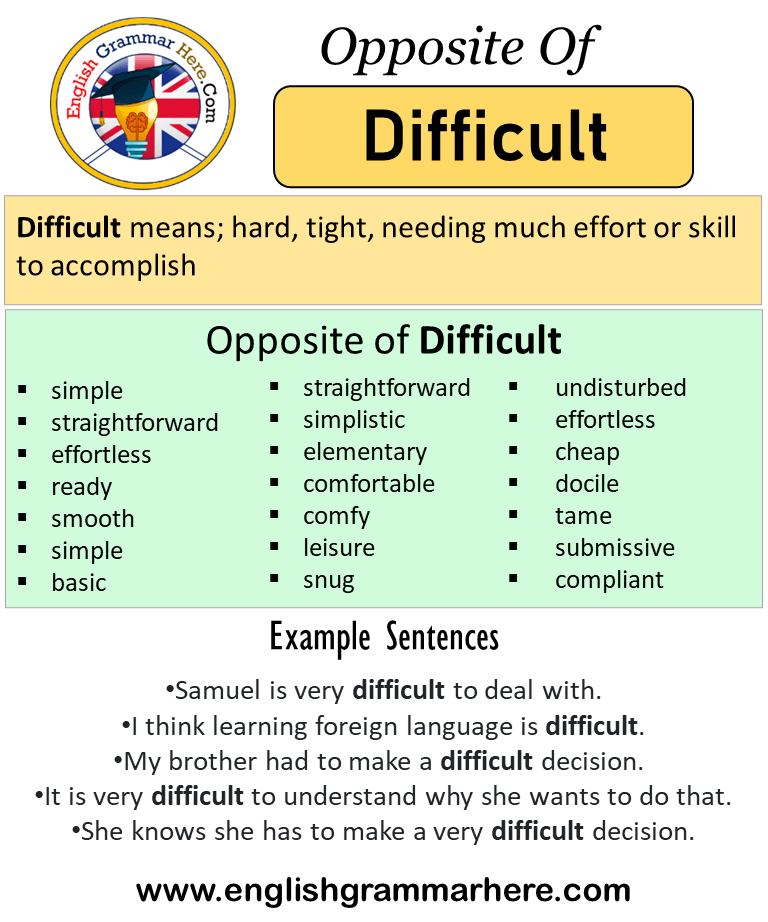


No comments:
Post a Comment
Note: Only a member of this blog may post a comment.